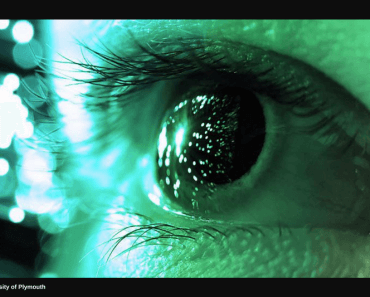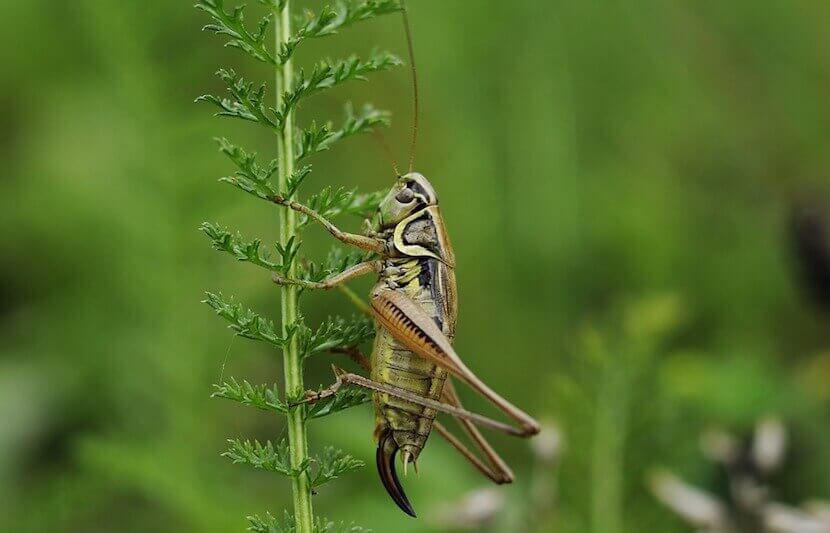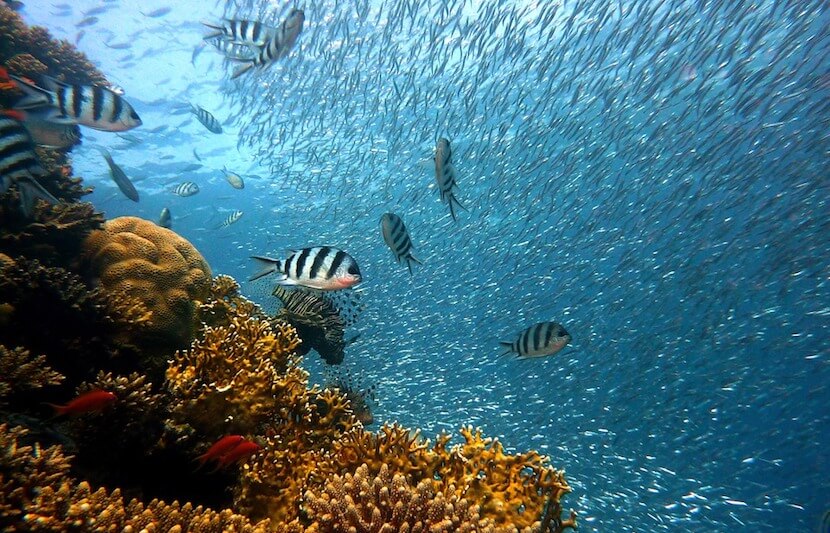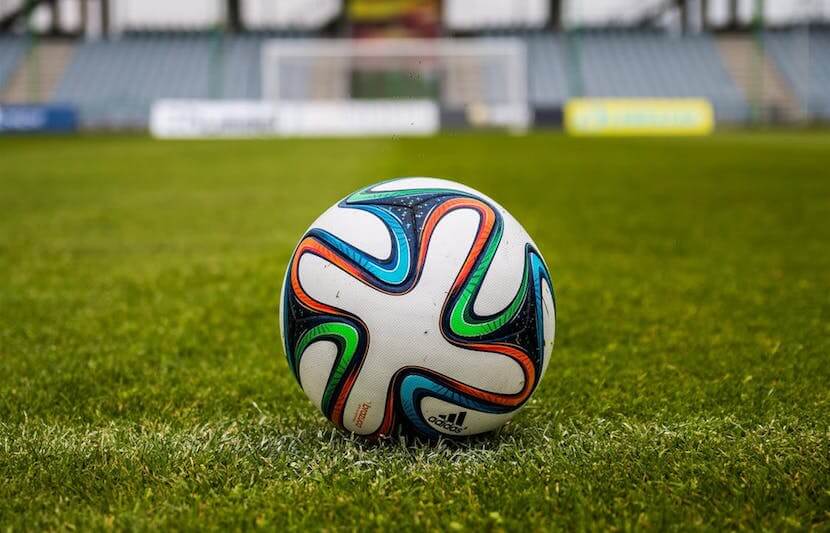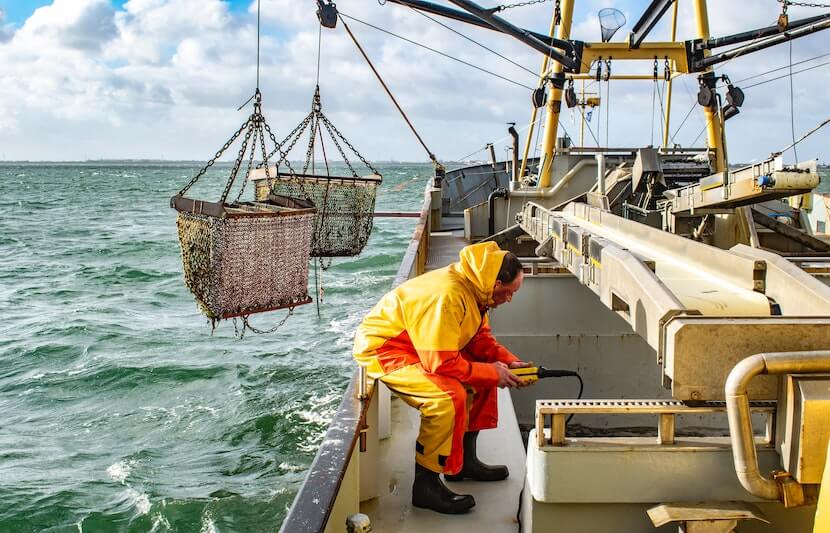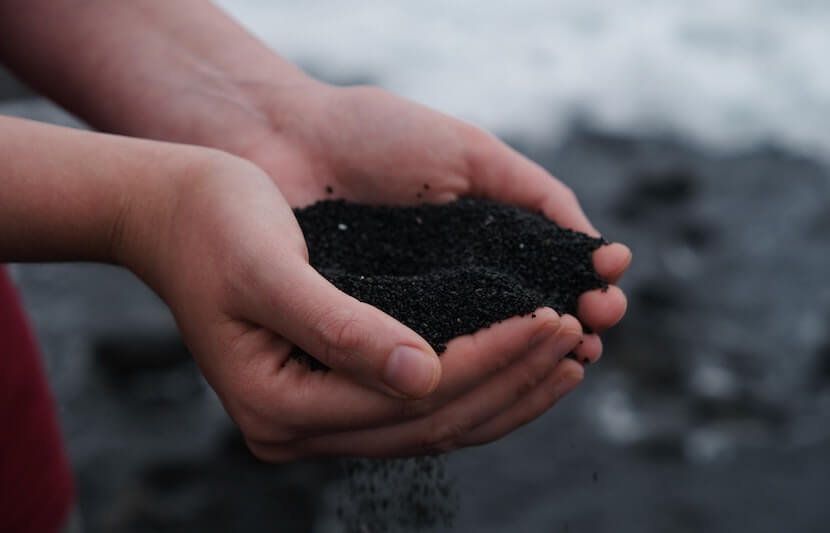-
Personal Expectations Distort How We See Reality
We don’t see the world as it really is, but as we expect it to be, according to a new study from researchers at the University of Plymouth. In a series of experiments, the Plymouth research team found that humans perceive other people’s actions through a predictive bias. In other words, when we watch someone… Read More
-
Women Killin’ It in Fight Against Hunger on College Campuses
The price of a college education is often synonymous with hefty loans and burdensome fees, but what if it’s so much that you can’t even pay for your next meal? For up to half of all college students, this is a stark reality. Going hungry in college is an issue that plagues students all over… Read More
-
Why You Need to Start Eating Insects
Adding insects to our diet would benefit both the environment and human health. Eating crickets, for example, can help support the growth of beneficial gut bacteria and reduce inflammation in the body, according to a new study. Valerie Stull, a recent doctoral graduate of the University of Wisconsin–Madison Nelson Institute for Environmental Studies, wanted to… Read More
-
How Forests Are Dependent on Animal and Fungus Diversity
A healthy forest needs not only diverse tree species, but also diverse animal and fungus species, a new study suggests. A team of researchers led by the German Center for Integrative Biodiversity Research (iDiv) and the Martin Luther University of Halle-Wittenberg, Germany, spent 10 years delving inside a species-rich, semi-natural forests in the subtropics of… Read More
-
This Week on Sustainability
Happy Friday! Check out this week on sustainability — Climate Change Is Depleting The Ocean of Oxygen, Killing Fisheries University: University of Toronto and the University of California, Santa Cruz A team of ocean scientists suggest that an increase in CO2 in the earth’s atmosphere can deplete the oceans of oxygen and put the future… Read More
-
Why High-Speed Internet Is Depriving You of Sleep
Having access to broadband internet at home causes sleep deprivation, according to a new study from researchers at Bocconi University and the University of Pittsburgh. The study, recently published in the Journal of Economic Behavior and Organization, suggests that having high-speed internet access negatively affects both the quality and quantity of sleep, particularly in younger… Read More
-
The Causes and Solutions to Today’s Worldwide Megafires
2018’s heat waves have the world on fire. Record-setting wildfires have stormed through and torched an unusually high number of regions, including the Arctic Circle. The reason — it’s too hot. Overall, 2018 is on pace to be the fourth-warmest year ever. This July, Death Valley set the record for the hottest month ever measured… Read More
-
Coral Snails: An Unexpected Threat to Already Damaged Reefs
Tiny, camouflaged snails are harming coral reefs already vulnerable to degradation from rising sea temperatures, overfishing and pollution. Researchers at the Georgia Institute of Technology discovered groups of thumbnail-sized snails preying on the coral species Porites cylindrica by sucking their fluid like a tick, and found that they can reduce coral growth by up to… Read More
-
Device Detects Concussions with Only a Drop of Blood
Researchers at the University of Geneva (UNIGE) have developed a blood test that can detect mild traumatic brain injuries (mTBI), commonly called concussions, on the spot and within minutes. Requiring only a single drop of blood, the device analyses the level of proteins in the blood to check for concussion. The news follows the recent… Read More
-
Climate Change Is Depleting the Ocean of Oxygen, Killing Fisheries
History could repeat itself, warns ocean scientists. They have found an example from history of how an increase in CO2 in the earth’s atmosphere can deplete the oceans of oxygen. Researchers from the University of Toronto and the University of California, Santa Cruz, worked together in the study. Their paper is published in the journal… Read More
-
Future High-Speed Electronics to Be Printed Like Newspapers
Researchers from Purdue University have developed a new, low-cost manufacturing technique that could make it possible to print electronics in a similar way to newspapers. The technique could be used to form smooth, flexible metals that could improve the speed and battery-life of electronics. It also eliminates many fabrication barriers, so it could make printing… Read More
-
Climate Change Is Damaging Soil Needed for Crop Growth
Extreme weather conditions caused by climate change may have a more negative impact on soil and plant ecosystems than scientists previously thought, according to a new study. An international team of researchers led by the University of Manchester in the UK studied how drought affects soil at a microbial level and found that these underlying… Read More
-
U of Toledo Implements Fun, Eco-Friendly Scooter Sharing Program
Starting in fall of 2018, students, faculty and staff at the University of Toledo will be able to rent electric scooters to drive on campus. The fun, eco-friendly method of transportation was made possible through a partnership with Lime, an electric scooter sharing company. To start, 125 battery-powered scooters will be stationed at popular spots… Read More
-
Why We Make Involuntary Actions, Like Putting Keys in the Fridge
To what extent do people control their own actions? Most people would contend that their motor behavior is fully in their own control, but a new study by researchers at the University of Plymouth suggests otherwise. Everybody has slip-ups in their everyday behavior. Consider, for example, putting away your keys in the fridge and leaving… Read More
-
AI Can Predict Personality Traits by Analyzing Human Eyes
Artificial intelligence can predict human personality traits by tracking eye movements, according to a new study. Researchers at the University of South Australia created a machine-learning algorithm that can analyze a person’s eye movements and recognize four of the five big personality traits: neuroticism, extraversion, agreeableness and conscientiousness. The software opens up the possibility of… Read More


